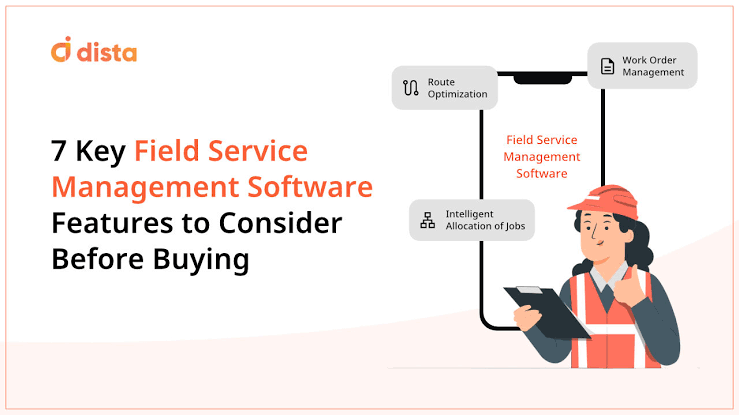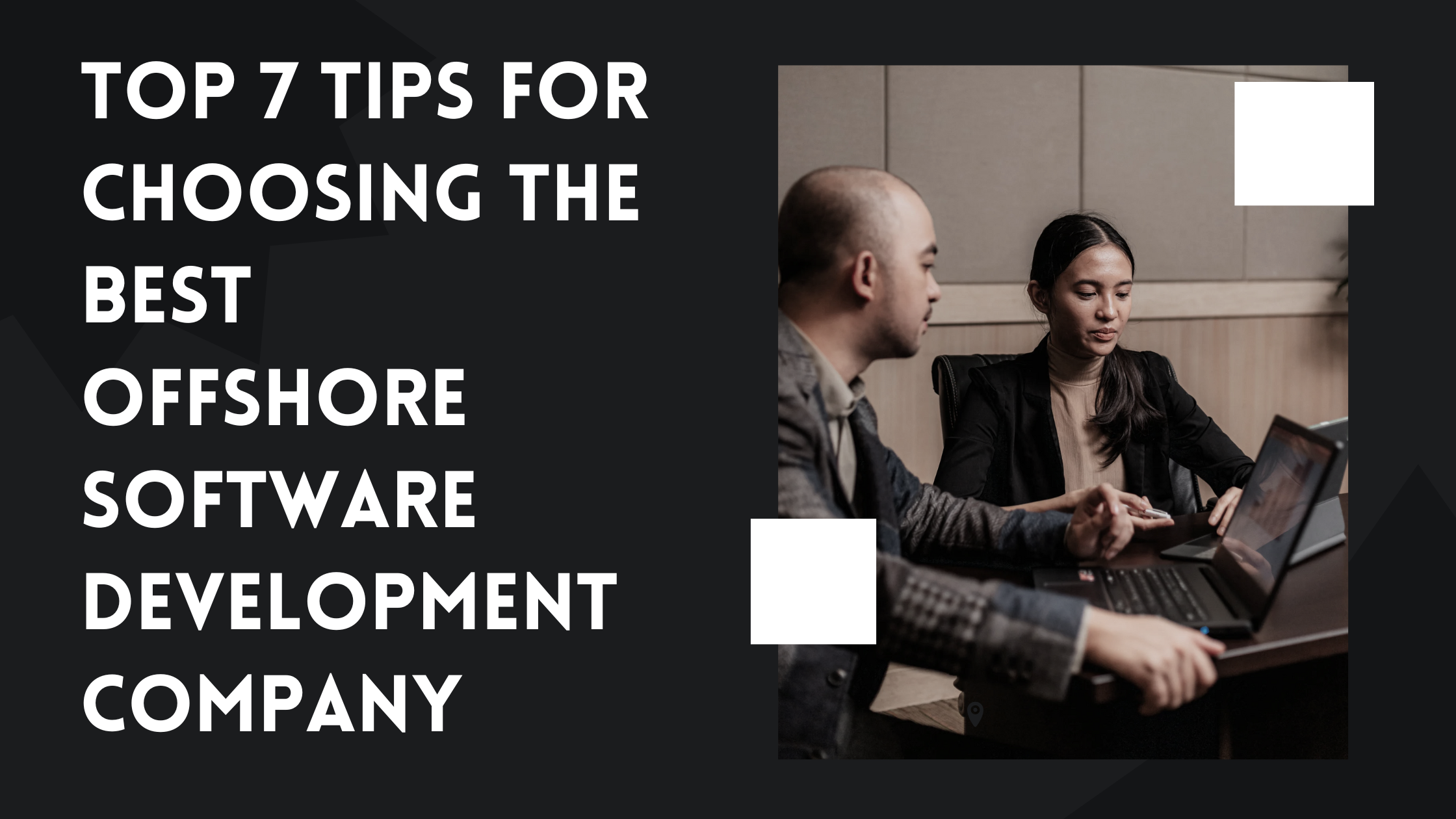Your App Idea Isn’t Special (But That’s Why You Need a Great Software Product Development Company)

Strong 8k brings an ultra-HD IPTV experience to your living room and your pocket.
Let’s say you’ve got an idea.
It’s an app. Of course it is.
You sketch it on a napkin at 2 AM. It sends alerts. Or maybe it tracks something. Or it helps people buy things they probably don’t need. Either way, you’re convinced it’s the next big thing. Bigger than TikTok. Bigger than pizza.
But hold on.
There are roughly a few million other humans who also had “the next big idea.” Most of those ideas are somewhere between “forgotten” and “buried under Jira tickets no one ever closed.”
So, what makes yours different?
Spoiler: It’s not the idea. It’s the execution.
That’s where a good software product development company comes in. Think of them as your app’s fairy godmother. But instead of magic wands, they use code, coffee, and years of experience with broken deadlines.
Software Doesn’t Build Itself (Yet)
You’ve heard of AI writing code, right?
Yeah. About that.
It’s fine for generating a Python function to sort a list. But building a scalable, stable, maintainable product? That’s still done by human developers. Ones who’ve seen stuff. Like legacy systems that talk in Morse code. Or APIs that swear they worked just yesterday.
A software product development company doesn’t just “make the app.” It fights a daily battle against vague feature requests, disappearing stakeholders, and mobile layouts that look fine until they’re tested on a phone from 2013.
If you think building software is easy, ask someone who’s tried making a login page that works across devices. That one button can cost you a week and a therapy session.
What They Actually Do (Besides Drink a Lot of Coffee)
Let’s be honest. “Software product development” sounds fancy. Like they’re building some Iron Man-level interface.
In reality, it means this:
• Making sure your app doesn’t crash when someone presses a weird button combo.
• Checking that your features actually make sense.
• Telling you (nicely) that maybe your idea to integrate blockchain into a to-do list app isn’t worth the investment.
• Rewriting your scope document because you changed your mind five times.
They bring structure. They manage chaos. They pretend your napkin sketch is a valid source of product documentation.
And yes, they code.
But more importantly, they ask questions. They poke holes in your assumptions. They test before users scream. That’s the good stuff.
AI Is Here. It's Loud. It's Still Confused.
Let’s not ignore the elephant in the Zoom call—AI.
Yes, AI can do things. It writes poems. It codes basic interfaces. Sometimes it even generates project plans that don’t make you cry.
But AI is not your CTO. Not yet.
Ask it to build an app with real users, and watch it loop into nonsense about "leveraging synergies" or "scaling agile frameworks."
A good software product development company knows how to use AI properly. Not as a replacement. But as a helper. Like a clumsy intern who sometimes surprises you and sometimes deletes your spreadsheet.
They use AI for automation, documentation, and testing. But the decisions? Still made by humans. With opinions. And whiteboards.
The Cost of Doing It Wrong
You could try hiring freelancers. There’s always someone willing to code your app for $500 on a long weekend.
What could possibly go wrong?
Everything.
Bugs. Miscommunication. Feature creep. Ghosting. Unread Slack messages.
Or worse—no testing at all.
Then your “Uber for pets” app launches with a login screen that doesn’t log in. Or it logs in as someone else. That’s fun.
You get one launch. Just one.
Make it count.
No One Cares About Your Product Until It Works
Here’s the truth: People only care about software that works.
They won’t say, “Wow, this has great architecture!” No one compliments your backend services at parties.
What they will say is, “Why doesn’t this button work?” Or, “Why does it crash every time I try to check out?”
A solid software product development company obsesses over things you don’t even notice.
Loading times. API responses. Session tokens. That ugly moment where a spinner keeps spinning forever.
They fix the boring stuff so users don’t scream.
And they do it every day.
Don’t Fall for the Fancy Pitch Deck
Every app idea looks beautiful in PowerPoint.
Mockups are easy. Real software is where the pain lives.
Ask a software product development company how they handle bugs. How they deal with scope creep. How they avoid burning through your budget by week three.
If their answer sounds rehearsed or suspiciously upbeat, run.
Look for scars. War stories. Developers who once wrestled with undocumented legacy code and lived to tell the tale.
Those are your people.
The Silent Art of Saying No
You know what makes a development company valuable?
They say “no.”
They tell you when your idea is too expensive, too weird, or just plain bad.
They aren’t trying to crush your dreams. They’re trying to protect your budget, your timeline, and their sanity.
Anyone who always says yes? Probably hasn’t built anything before.
Features Are Fun. Maintenance Is Life.
Everyone loves feature launches. Big buttons. New tabs. Fresh updates.
No one talks about the version you push two months later to fix everything that broke.
A reliable software product development company thinks long-term. They plan for updates. They prep for scale. They write documentation even if no one reads it.
They aren’t just building features. They’re building a system that won’t fall over when your user base grows past 10 people.
Why You Still Matter
This doesn’t mean you’re off the hook.
You still need to know your users. You still have to give feedback that isn’t “make it pop.” And you still need to answer Slack messages within this decade.
But with the right team, you’re not doing it alone.
You’ve got people who’ve seen this before. They’ve built things. Broken things. Fixed them again.
That’s the difference.
That’s why you don’t just need a coder. You need a software product development company that cares whether your app survives Monday.
So, Where Do You Find These People?
They’re out there.
Usually hiding behind monitors, eating lunch at 4 PM, and trying not to get pulled into another “quick call.”
Look for companies with actual shipped products. Ask them what failed. See how honest they are.
If they talk like real people, you’re probably in good hands.
If they start using phrases like “synergistic architecture frameworks,” you might want to run.
Final Thought (Before Your Idea Dies in a Google Doc)
Your idea won’t build itself.
But that’s fine.
Ideas are cheap. Everyone’s got one. Execution is the hard part.
And with a smart, battle-tested software product development company by your side, you’ve got a shot. A real one.
Even if your app is “Uber but for vending machines.”
Because sometimes, the dumbest ideas work—if they’re built well.
And building it well is a job for professionals.
Note: IndiBlogHub features both user-submitted and editorial content. We do not verify third-party contributions. Read our Disclaimer and Privacy Policyfor details.







